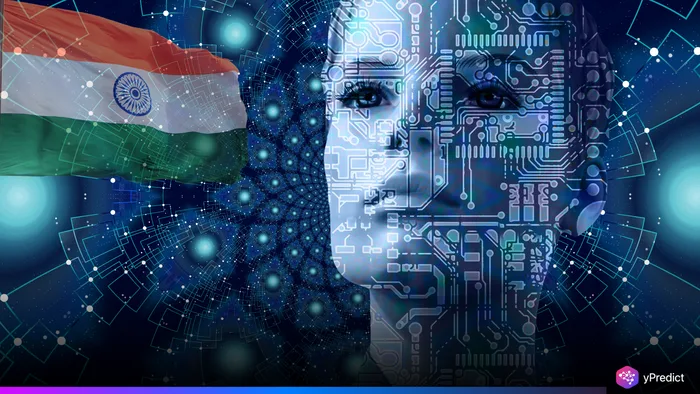
Artificial Intelligence has already begun transforming how we shop, bank, and even talk. Now it’s redefining how developers write code. Across India, a quiet shift is happening: software engineers are increasingly embracing AI coding assistants as daily tools. These aren’t just fancy autocomplete suggestions. They are collaborative engines, powered by generative AI tools, learning from context and writing functional code in real-time.
Tech companies from Bengaluru to Gurgaon are nudging their developers to not just use AI, but to work with it. Unlike traditional tools, these assistants engage in a back-and-forth process, understanding the developer’s intent and offering smart code blocks. For seasoned programmers and fresh graduates alike, this is a shift that requires unlearning habits and picking up new ways to think.
Engineers Are Relearning How to Code With AI’s Help
AI is not replacing developers, it’s reshaping how they work. With tools like GitHub Copilot, Tabnine and Amazon CodeWhisperer, developers are no longer writing every line of code from scratch. Instead, they prompt, guide and edit the suggestions provided by their AI coding assistants.
These assistants generate code based on previous lines, identify bugs, offer syntax fixes and even suggest better logic structures. This accelerates development timelines and makes debugging faster. But it also demands a shift in mindset. Engineers must now focus more on clarity in problem statements than on memorizing syntax.
Learning to Trust the Machine in the Loop
Many developers will tell you the biggest challenge is not using AI, it is trusting it. Developers want to know, is the code the AI produces is safe, efficient, and within my own company’s internal standards. The developer is still in control, by checking each suggestion, rather than doing nothing and accepting the AI code blindly.
So if you are like many Indian startups and enterprise tech teams, you have begun to offer your team internal bootcamps or conduct training sessions. Internal boot camps and training sessions are meant to teach your developers to critically assess the outputs of the generative AI tools and help your developer team establish hybrid workflows. The boot camps are not only technical, they also influence programmers ‘ mindset shift – from a lone developer to a builder using machine intelligence as a collaborator.
Big Tech Is Pushing the AI-Coding Culture
Major IT players and digital-first companies are now weaving AI coding assistants into their development platforms. Infosys, Wipro, and TCS have launched internal sandboxes to test AI-assisted programming at scale. Startups are quicker to adopt. Many already require candidates to know how to co-create with AI as a job skill.
This change is not just top-down. Developer communities are buzzing with workshops, online hackathons and community talks about AI coding workflows. Platforms like Replit and Stack Overflow are full of code snippets improved by AI suggestions. The code-vibe culture is becoming real techies no longer compete with AI, they jam with it.
The Skill Gap and Over-Reliance Risks
While AI coding assistants are helping boost developer productivity, they also raise new concerns. Newcomers may skip fundamentals by leaning too much on AI-generated answers. Some managers worry that junior developers might lose the ability to problem-solve without AI guidance.
To fix this, companies are stressing human-in-the-loop practices. Engineers are trained to review, rewrite and refine AI suggestions. Quality checks, pair programming, and regular code audits are back in focus this time with an AI partner on board.
Conclusion
As AI continues to permeate the code pipeline, developers need to find the sweet spot. The objective should not be about replacing creativity with AI, but rather freeing up creativity with AI. AI can take away the repetitive logic, allowing developers to spend time on more design thinking, architecture, and ultimately, solving actual user problems.
Coding in the future will not just be a language but thinking with AI, prompting effectively, and weighing provided suggestions. As such, the best developers won’t be the quickest types, but instead the best synergizers with an AI-dedicated coding assistant.






